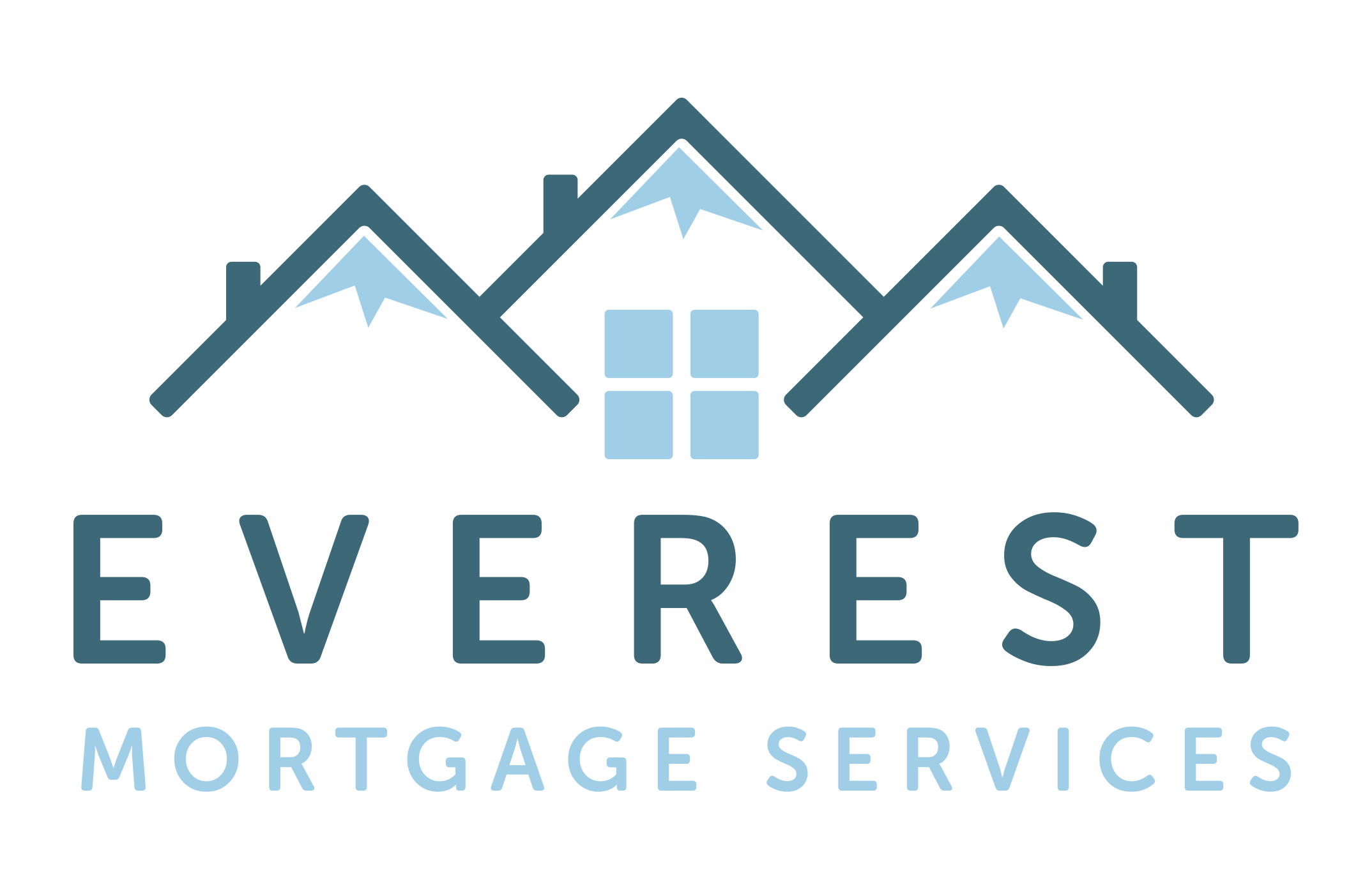With so many words and terms tossed around in mortgage lingo, you may find yourself scratching your head trying to grasp everything about it. Unfortunately, while some terms are obvious, some are a little more cloudy. Today, we want to tackle something called AIP, short for agreement in principle. Do you know what that is? If not, you’re in the right place!
Today, we’re going to talk about what AIP is all about:
What Is Agreement in Principle?
An agreement in principle (AIP) is a statement from a lender that gives you an estimate of the amount you could borrow to buy a property. It’s not a formal offer of a mortgage, and it’s subject to a number of conditions, such as a satisfactory valuation of the property and your personal circumstances remaining the same.
Should I Get an AIP?
It’s a good idea to get an AIP before you start looking for a property to buy. That way, you’ll know how much you can borrow and what kind of monthly repayments you’ll need to make. It can also help to speed up the mortgage application process.
The main advantage of having an AIP is that it gives you greater certainty when making an offer on a property. If your offer is accepted, the lender will then carry out a full assessment of your finances to make sure you can afford the mortgage. However, please note that an AIP is not a guarantee that you will be offered a mortgage. The lender will still need to carry out a full assessment of your finances before they make a final decision.
What Documents Do I Need for an Agreement in Principle?
So, what documents do you need in order to get an AIP? Here’s a quick run-down:
1. Personal Details
The lender will need to know some basic information about you, including your name, address, date of birth and contact details.
2. Employment Details
You’ll need to provide proof of your employment and income, such as payslips, tax returns or a letter from your employer.
3. Financial Details
The lender will need to see a statement of your current account, as well as any other savings or investment accounts you have. They’ll also need to know about any debts or other financial commitments you have.
4. Property Details
If you’re already a homeowner, the lender will need to see proof of your mortgage and property insurance. If you’re renting, they’ll need to see a copy of your tenancy agreement.
Once you have all of the required documents, you can contact a lender and start the process of getting an agreement in principle. It’s important to remember that this is not a binding agreement, so you’re free to shop around and compare different offers before making a final decision.
Conclusion
There you have it! That’s all that you need to know about AIP. Of course, the decision on whether to get one is entirely up to you. It offers a number of benefits that can help you obtain the perfect loan, but of course, be wary of any drawbacks going down this path. That said, be sure to consult with a loan provider about this. They will be more than happy to help you understand whether you need one, and from there, you can make a sound decision!
Everest Mortgage Services offers the help individuals seek when looking for the perfect mortgage, loan, and insurance they need. If you are looking for Brighton mortgage advice, get in touch with us today!



